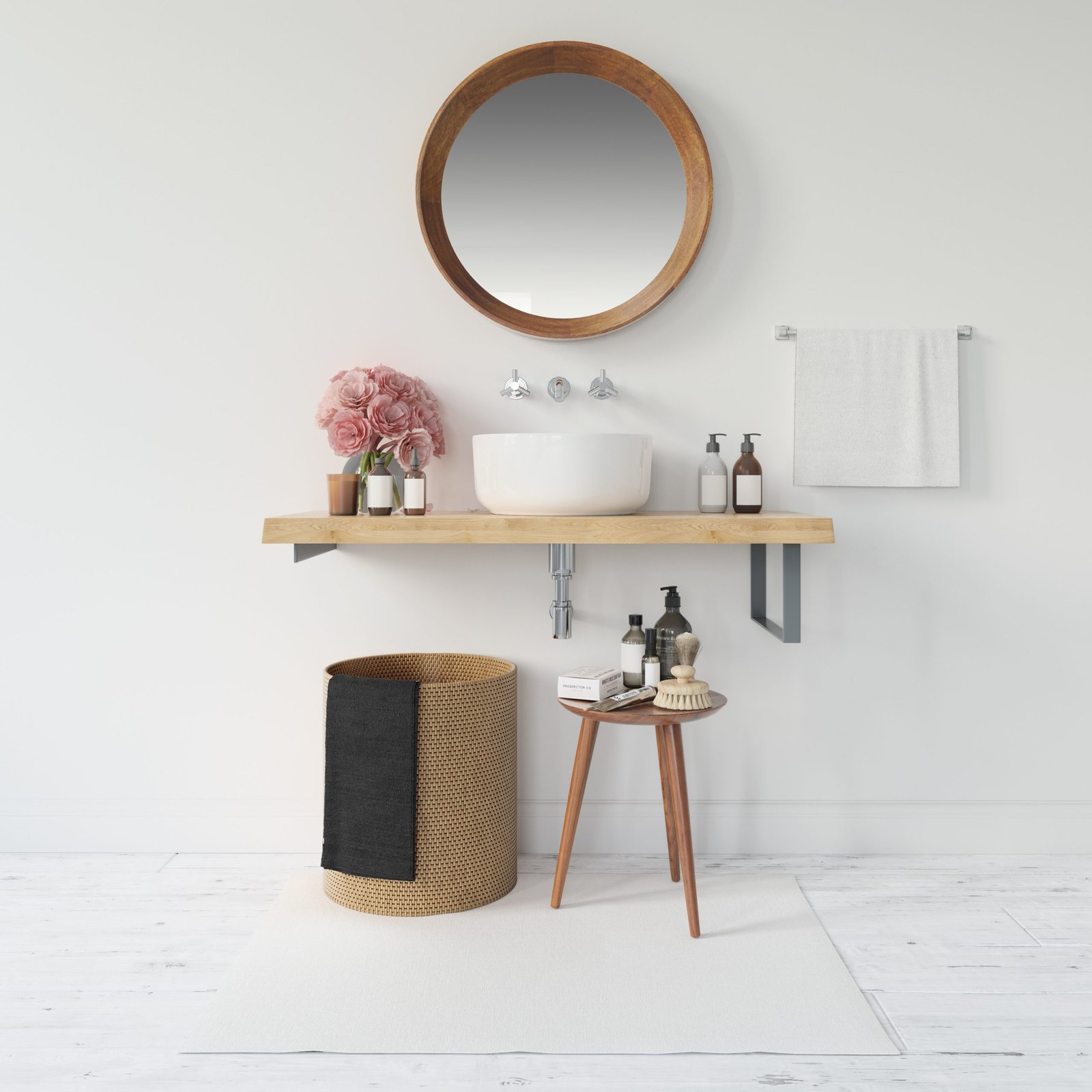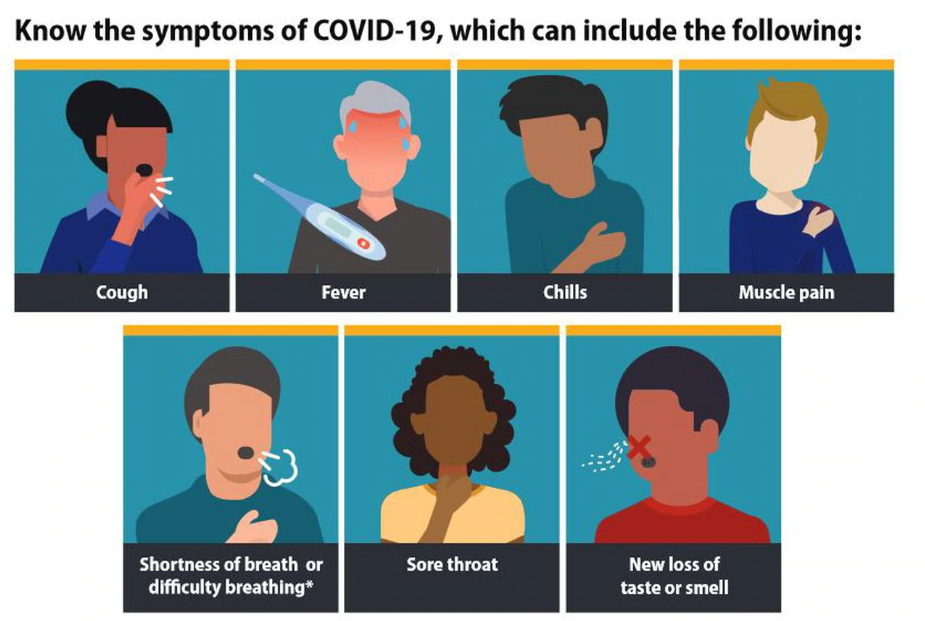How Assisted Living For Seniors Can Improve Quality of Life
 As we age, our needs change, and for many older adults, living alone at home is no longer the best option. Senior assisted living facilities offer a viable solution that can improve the quality of life for older adults.
As we age, our needs change, and for many older adults, living alone at home is no longer the best option. Senior assisted living facilities offer a viable solution that can improve the quality of life for older adults.
Assisted living homes for seniors provide a safe and supportive environment that fosters independence, socialization, and engagement. In this article, we will explore how assisted living facilities can improve the quality of life for older adults.
Access to Care
Assisted living for seniors offer access to round-the-clock care and medical support. For older adults with chronic conditions, access to medical care can mean the difference between a healthy and active lifestyle or one that is limited by illness. Having medical professionals on-site ensures that residents receive timely care when they need it. This not only improves their health but also provides peace of mind for family members.
Contents
Socialization
Social isolation is a common problem among older adults, especially those living alone. Socialization is important for maintaining good mental health and emotional well-being. Assisted living communities for seniors provide opportunities for social interaction and engagement. Residents can participate in group activities, attend events and outings, and meet new people. This helps to reduce feelings of loneliness and isolation and can lead to improved quality of life.
Safety
Assisted living facilities for seniors provide a safe and secure environment for residents. Facilities are designed with safety features such as handrails, non-slip flooring, and emergency call buttons. This ensures that residents can move around freely without the fear of falling or getting injured. In addition, staff members are trained to handle emergencies and provide assistance as needed.
Nutritious Meals
Pensioner living homes provide nutritious meals that are tailored to meet the dietary needs of older adults. As we age, our nutritional needs change, and it can be challenging to maintain a healthy diet. Having access to nutritious meals can help to maintain good health and prevent chronic diseases. In addition, sharing meals with other residents provides an opportunity for socialization and can improve the overall dining experience.
Independence
Many older adults fear losing their independence as they age. An old-age living facility provides a supportive environment that allows residents to maintain their independence while receiving the care and support they need. Residents can choose their daily activities, schedule appointments, and make decisions about their care. This helps to maintain a sense of autonomy and control over their lives.
Transportation
For older adults who no longer drive, transportation can be a significant challenge. Assisted living homes for seniors provide transportation services to help residents get to appointments, run errands, and attend events. This helps to reduce feelings of isolation and ensures that residents can maintain an active lifestyle.
Housekeeping and Maintenance
Maintaining a home can be challenging for older adults, especially those with mobility issues. Retiree assisted living homes provide housekeeping and maintenance services to ensure that residents have a clean and comfortable living space. This helps to reduce stress and allows residents to focus on other activities and interests.
Access to Activities and Programs
Assisted living for pensioner offer a wide range of activities and programs that are designed to meet the interests and needs of residents. From fitness classes and creative art workshops for seniors to social events and outings, there is something for everyone. These activities help to keep residents engaged and active, which can lead to improved physical and mental health.
Reduced Stress
Moving to a senior citizen homes can be a significant life change, but it can also reduce stress for older adults and their families. The burden of maintaining a home and managing healthcare needs can be overwhelming for older adults living alone. Moving to a assisted living communities for seniors allows residents to focus on their well-being and enjoy their retirement years.
Peace of Mind for Family Members
Assisted living for elderly citizens provide peace of mind for family members who worry about the safety and well-being of their loved ones. Peace of mind for families and improved quality of life for seniors are just a few of the many benefits of assisted living facilities.
With access to medical care, socialization, nutritious meals, transportation, and activities, family members can rest assured that their loved ones are receiving the care and support they need. This can help to reduce stress and anxiety and allow family members to focus on other areas of their lives.
Personalized Care
Assisted living homes for seniors provide personalized care that is tailored to the unique needs and preferences of each resident. This allows residents to receive the care and support they need while maintaining their independence and autonomy. Care plans can be adjusted as needed to ensure that residents receive the best possible care.
Access to Support Services
Assisted living facilities provide access to support services that can help older adults manage chronic conditions and maintain good health. These services may include physical therapy, occupational therapy, and speech therapy. In addition, assisted living homes may offer on-site medical specialists such as podiatrists or optometrists.
Dementia Care
For older adults with dementia or Alzheimer’s disease, senior living communities offer specialized care and support. Assisted living facilities are designed with the unique needs of individuals with dementia in mind, and staff members receive specialized training to provide quality care. This can help to improve the quality of life for individuals with dementia and their families.
Sense of Community
Assisted living homes for elderly person provide a sense of community that can be difficult to achieve when living alone. Residents have the opportunity to interact with others who share their interests and experiences, and they can form meaningful relationships with other residents and staff members. This sense of community can lead to improved mental health and emotional well-being.
Flexibility
Senior living communities offer flexibility in terms of care and support. Residents can choose the level of care that best meets their needs, from minimal assistance to 24-hour support. This allows residents to maintain their independence and autonomy while receiving the care and support they need.
Conclusion
In conclusion, assisted living facilities can improve the quality of life for older adults in many ways. From access to care and socialization to safety and nutritious meals, these facilities provide a supportive environment that fosters independence, engagement, and well-being. With personalized care, access to support services, and a sense of community, the facilities offer a viable solution for older adults who are looking to maintain an active and fulfilling lifestyle.










